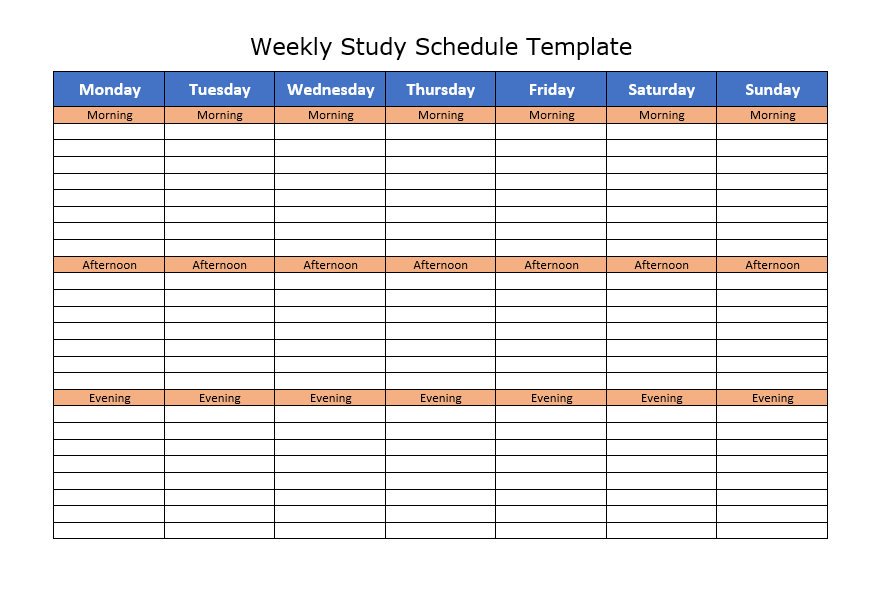Are you struggling to stay organized and manage your time effectively when it comes to studying? One of the most effective ways to enhance your productivity and ensure that you cover all your study material is by creating a study schedule. A study schedule provides structure and helps you prioritize your tasks, making it easier to stay focused and achieve your academic goals.
In this article, we will guide you through the process of creating a study schedule that works for you.
Why Should You Create a Study Schedule?
A study schedule is a powerful tool that can greatly improve your academic performance. Here are some reasons why you should consider creating a study schedule:
- Time Management: A study schedule helps you allocate specific time slots for each subject or topic, ensuring that you cover everything within the available time.
- Organization: By creating a study schedule, you can organize your study materials, notes, and resources efficiently, making them easily accessible when needed.
- Productivity: Following a study schedule helps you stay focused on your tasks and minimizes distractions, leading to increased productivity and better concentration.
- Consistency: Regular study sessions, as per the schedule, help build a habit of studying, making it easier to retain information and improve long-term memory.
- Reduced Stress: Having a study schedule reduces the last-minute rush and stress associated with cramming for exams, as you have already allocated time for revision.
How to Create an Effective Study Schedule
Now that you understand the benefits of having a study schedule, let’s dive into the step-by-step process of creating one:
1. Assess Your Current Study Habits
Start by evaluating your current study habits and identifying any areas that need improvement. Reflect on questions like:
- How much time do you currently spend studying each day?
- Do you have a routine or study pattern?
- What are your most productive study hours?
- Are there any distractions that hinder your focus?
Understanding your strengths and weaknesses will help you tailor your study schedule to suit your needs.
2. Set Realistic Goals
Clearly define your study goals and objectives. Break down larger goals into smaller, achievable tasks. Setting realistic goals will help you stay motivated and track your progress.
3. Determine Your Available Time
Consider your daily routine and commitments to identify the available time slots for studying. Be realistic and factor in other activities like meals, exercise, and leisure time.
4. Prioritize Your Subjects or Topics
Identify the subjects or topics that require more attention or have impending deadlines. Prioritize these in your study schedule to ensure you allocate enough time for them.
5. Create a Weekly Study Schedule
Divide your available time into manageable study sessions. Aim for consistency by studying at the same time each day. Create a weekly study schedule that includes specific subjects or topics for each session.
6. Be Flexible
While it’s important to stick to your study schedule, be open to adjustments when necessary. Life can be unpredictable, and unexpected events may require you to adapt your schedule temporarily.
7. Take Breaks
Include short breaks in your study schedule to rest and recharge. Breaks help improve focus and prevent burnout. Use this time to stretch, grab a healthy snack, or engage in a relaxation technique.
8. Evaluate and Revise
Regularly evaluate your study schedule to determine its effectiveness. Assess whether you are achieving your goals and if any adjustments are required. Revise your study schedule accordingly to optimize your productivity.
Tips for Successful Study Sessions
Here are some additional tips to help you make the most out of your study sessions:
- Eliminate Distractions: Find a quiet and well-lit study space, away from distractions like your phone or television.
- Use Active Learning Techniques: Engage in activities like summarizing information, teaching someone else, or creating flashcards to enhance learning and retention.
- Take Regular Breaks: Avoid long study marathons by taking short breaks every 25-30 minutes. This helps improve focus and prevents mental fatigue.
- Stay Healthy: Get enough sleep, exercise regularly, and maintain a balanced diet to ensure optimal brain function and concentration.
- Stay Motivated: Find ways to stay motivated, such as rewarding yourself after completing a study session or joining study groups for accountability and support.
- Seek Help When Needed: Don’t hesitate to reach out to your teachers, peers, or tutors if you need clarification or assistance with any subject or topic.
Sample Study Schedule
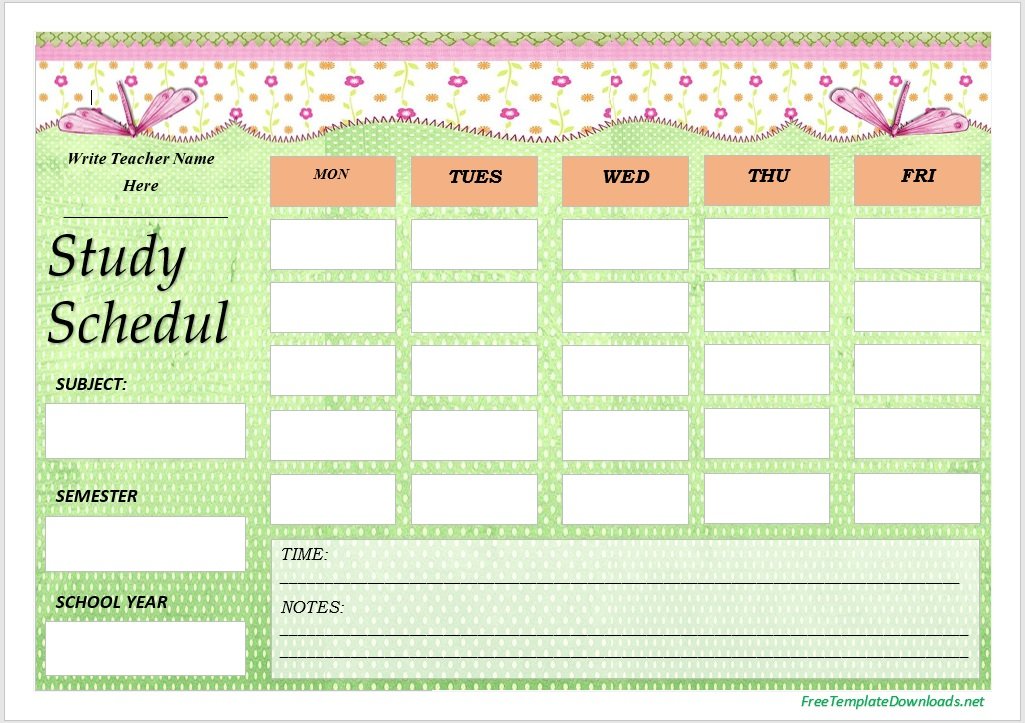
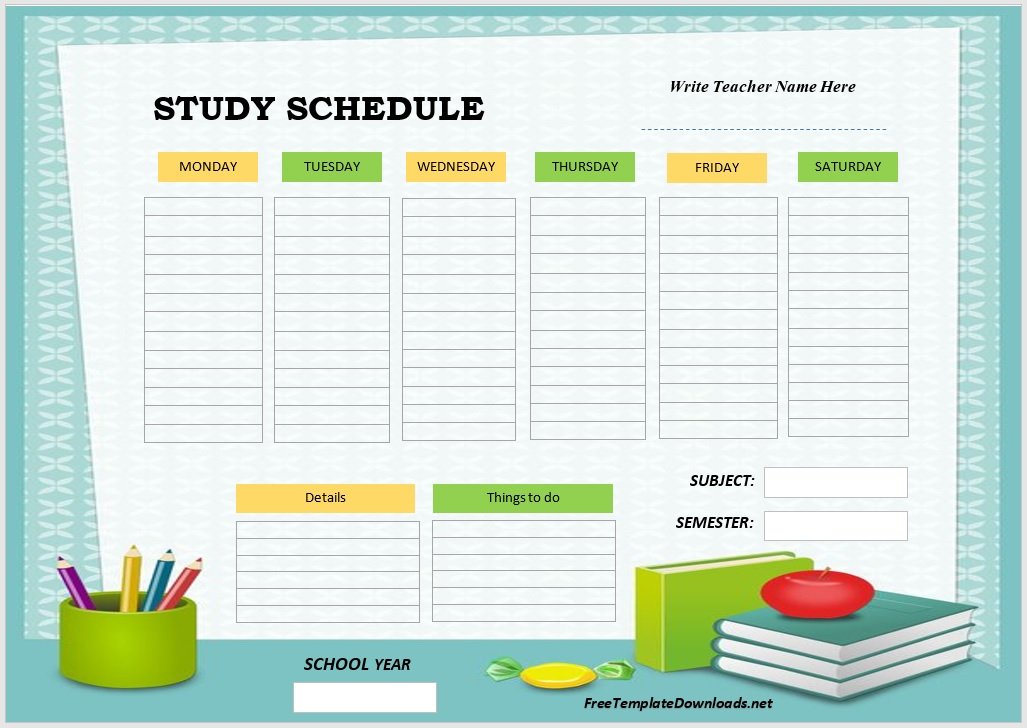
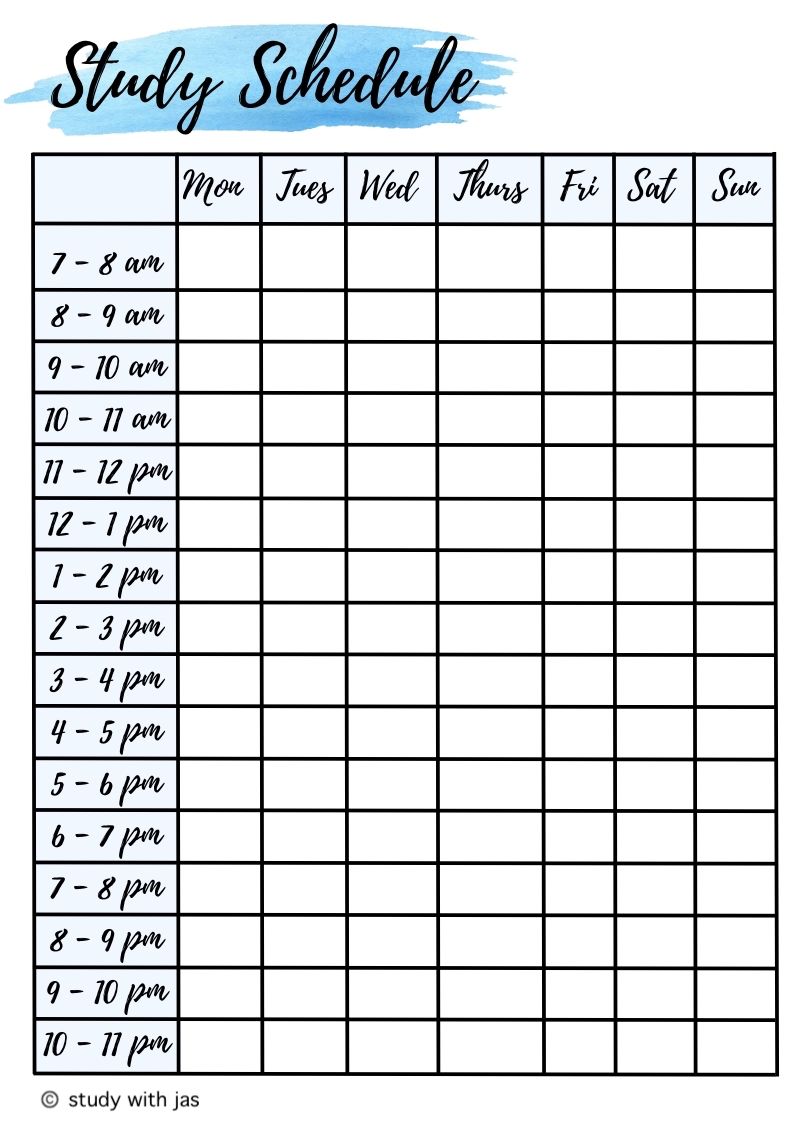
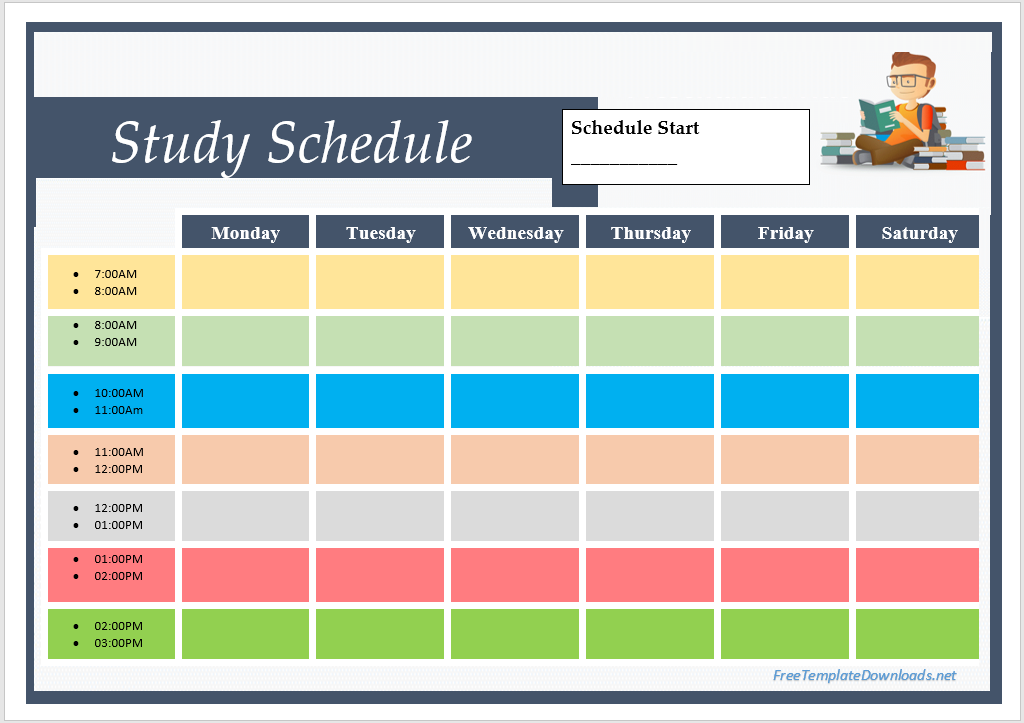
Here’s an example of a study schedule to give you an idea of how to structure your own:
- Monday: 4:00 pm – 6:00 pm: Math
- Tuesday: 10:00 am – 12:00 pm: English, 2:00 pm – 4:00 pm: Science
- Wednesday: 3:00 pm – 5:00 pm: History
- Thursday: 9:00 am – 11:00 am: Math, 1:00 pm – 3:00 pm: Language
- Friday: 11:00 am – 1:00 pm: Revision, 3:00 pm – 5:00 pm: Science
- Saturday: 10:00 am – 12:00 pm: English, 2:00 pm – 4:00 pm: History
- Sunday: Rest day
Remember, this is just a sample schedule, and you can customize it according to your preferences and study needs.
Conclusion
Creating a study schedule is an essential step toward achieving academic success. It helps you manage your time effectively, stay organized, and maximize your productivity. By following the steps outlined in this guide and incorporating the tips provided, you can create a personalized study schedule that works for you. So, don’t wait any longer – start planning your study schedule today and take control of your learning journey!
Study Schedule Template – Download
